Finding Wisdom in the Shit-Storm
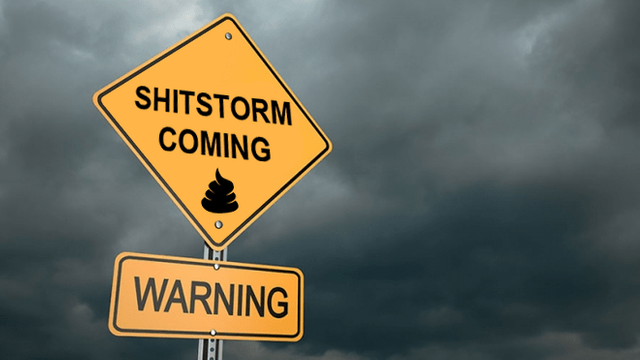
So I am probably not the only one that thinks the world has gone a little nuts as of late. More and more it seems people have difficulty deciding what to accept as credible and what to dismiss out of hand. While you can never hope to read everything before forming an opinion, you try as much as possible but in the end there is just too much. If you try to process everything, you'll suffer from analysis paralysis. Contrarily, if you are selective you risk throwing the baby out with the bathwater and becoming trapped in an echo-chamber. So why is it that some people seem to find it easier to stay grounded in the storm of bullshit? Most people just think their ideological opponents are stupid. I think it is a bit more complicated than that.
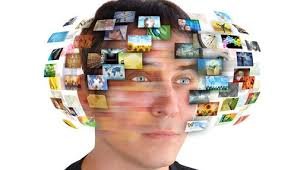
Today, we live in an age in which we are constantly bombarded with information. While there are many benefits of having an answer close at hand or being able to read how a dozen people on the internet attacked the problem we have in front of us, there are also costs of this convenience few people stop to consider.
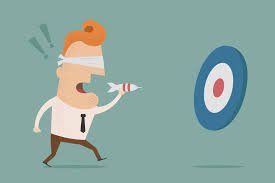
The only way a person develops sound judgement is through encountering problems in which a solution or approach is not readily unavailable. How many of us learned to handle pocket change, remember phone numbers or build a shed before internet access? Any of us who did can remember sometimes thinking about the best way to tackle the problem before lifting a finger. In fact, it was the iterative process of trial and error brought on by uncertainty that prompted the development of such critical thinking and planning skills. Additionally, in the process of doing such mundane things such as working a summer job, we build skills like mental mathematics or learning to pay attention to details. We never really set out to specifically learn these skills but because they were intrinsic to the task we are engaged in, we became proficient overtime without realizing it. Would we have developed such skills if back then, we would have had a machine to count our change or magic library in our pocket? Necessity is not just the mother of invention, it is the father of discipline.
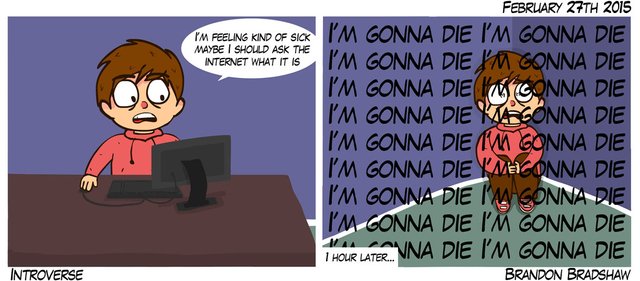
While 'Knowledge' is important, too often we forget that , what has far more value is 'Wisdom' which seems rather ironically to be more scarce than ever. But what exactly is 'wisdom' you ask and how does it differ from 'knowledge'? We before we tackle this question, let's consider that people form ideas about the world by processing information about life in two forms; experience and knowledge. An important thing to notice here is that in virtually every moment of our lives we can choose to either focus on developing our experience or developing our knowledge. These are almost always mutually exclusive activities and so the more of one a person has, the less of the other the person tends to have.
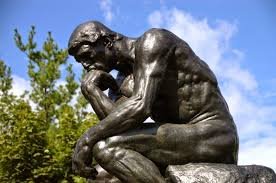
So given the above, let's perform a little thought experiment with these concepts as we have defined them above. Given this perspective, we can think of 'Wisdom(W)' as the sum of a persons judgement(J) and knowledge(K)' or W = J + K. Thinking of it this way can be rather insightful as we can rearrange the concepts and see if the logic still holds. So, we rearrange the relationship and see that 'Wisdom(W) without Judgement(J) leaves only Knowledge(K)' which also is consistent with how we generally think of 'wisdom'.
See, as we gain experience in life we develop our 'judgement'. This judgement is what allows us to handle new situations of which we have no prior information. While this is colloquially referred to as 'common sense' it was only 'common' when the nature of people's lives demanded they learn to deal with certain common set of experiences and thus everyone was forced to develop a basic level of judgement. However, in today's world without most of our basic needs met and more people spending the majority of time on-line, the set of common experiences has been drastically reduced. This is rather understandable because knowledge we can acquired quickly from other people and sources on an 'as-needed' basis. However, experience takes time and almost always requires investing more effort than we will end up ever using. Is it any wonder wisdom is scarce if the accumulation of knowledge is vastly more efficient and there is little impetus to engage in activities which develop judgement?
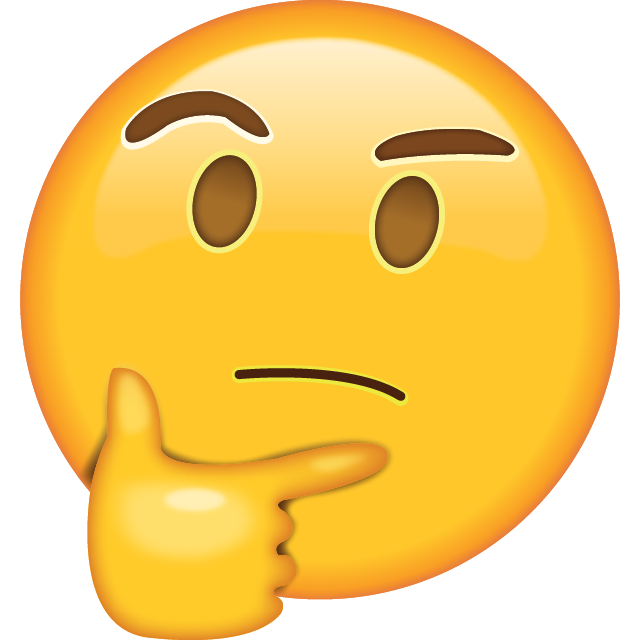
If I have learned any wisdom in my life, it would be that, "For everything there is a Time" so most things are about figuring out when to do what. To that end when we don't have enough reliable information, we have to use our judgement. Once we have gathered information on a subject we can trust, THEN we can apply our knowledge to determine a solution .What we do don't know an answer is a learned skill and just like any other must be practiced. How do we approach the problem? How to we know when a solution is 'good enough'? If one has the luxury of always either looking up the answer or asking someone else, they will almost always be more knowledgeable that someone of similar circumstances a generation earlier. However, for every gain in knowledge they lack in judgement.
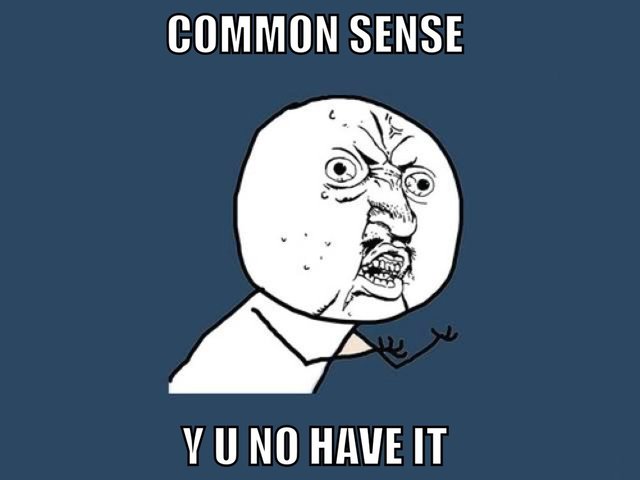
The more and more specialize society becomes, the more dependent we become on each other. However, how do we know who to trust and who not to trust? It is a function of our JUDGEMENT. It is an incredible irony that the more we NEED our judgement, the harder it becomes to DEVELOP judgement. This is because without either being forced or actively deciding to try to figure something out BEFORE looking up the answer, (which cost extra time and energy) a person will never develop the judgement necessary to decide what sources of information to trust and which to be skeptical. When one considers that a person or group can be manipulated by either deciding for them OR by limiting the options that a person has to choose from... is it any wonder the world seems to be going a little crazy?
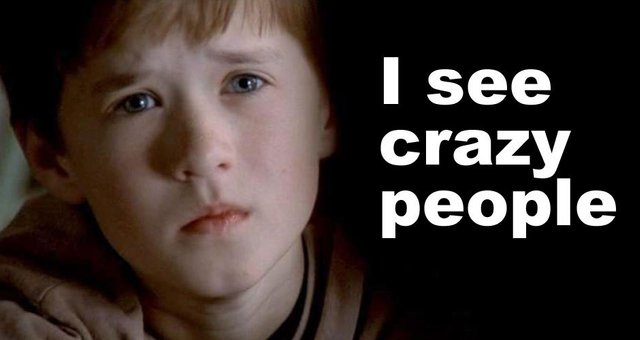
✅ @mananimal, I gave you an upvote on your post! Please give me a follow and I will give you a follow in return and possible future votes!
Thank you in advance!